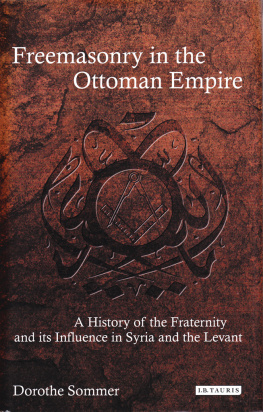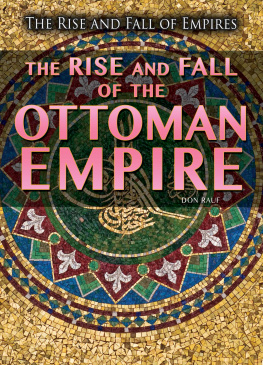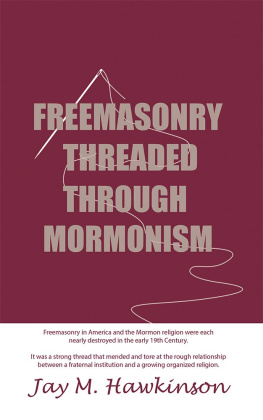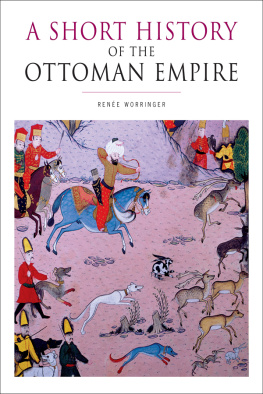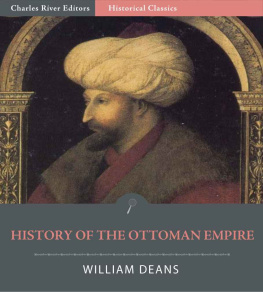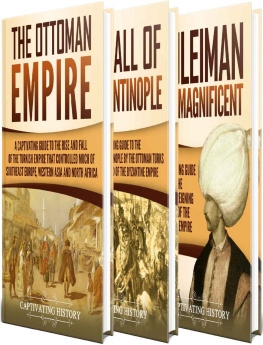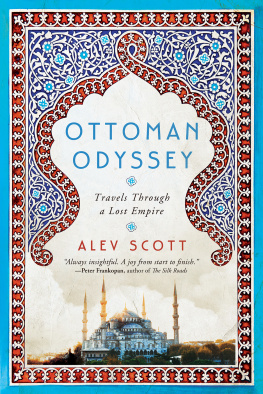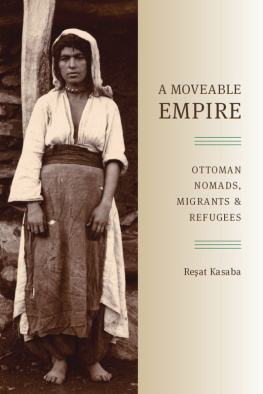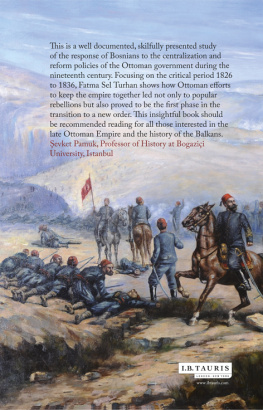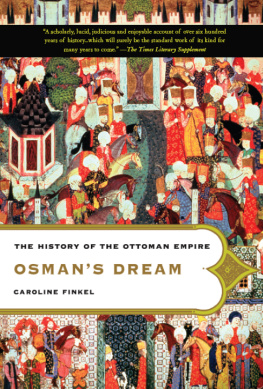Dorothe Sommer holds a PhD in History from Leiden University. She formerly worked at the Centre for Research into Freemasonry and Fraternalism at the University of Sheffield.
Dedicated to my parents
CONTENTS
I would be more than happy to be the only person responsible for what is written in this book, but unfortunately this is not the case. However, I have been fortunate to receive help and support that has facilitated my research and enabled me to complete it.
It is to the credit of my parents that I was able to write this; they have supported me mentally and financially more than any human deserves. I was not able or fast enough to show my father any worthy results, but I still hope that my mothers sustaining love and belief in me will pay off one day. My whole family have shown me how important it is not to be left alone and what family really means.
I want to thank my sister Barbara, Ral Perusqua, Friederike Schuler and Esther Mller, who have helped me to carry on, have given me advice and believed in what I have been doing. Plus, it was Esther who very generously carried out research on my behalf in Nantes and lent me some of her findings: thanks for that! I also want to thank Andreas nnerfors and David Katz for scholarly advice, as well as my unofficial supervisor Kamal Salibi, who sadly will not see the publication of this thesis. I owe a great deal to Stefan Weber and Nadim Shehadi, who sustained my interest in freemasonry, as well as to Isaac Lubelsky. What is more, I am grateful to Habib Badr, who gave up time and material for my research, as well as to Bassam Dagher who never seems to think that he knows enough and always poses one last question. I would have been lost in Tripoli and El Mina without the help of the Hakim family, William Korbatly and Wahib Tatar. Bilal not only introduced me into the masonic world in Tripoli and El Mina, but he also showed me beautiful sites of El Mina. Moreover, all the contacts I made would not have been materialised without the daily evening meetings at Caf Ghanem with Jean Bort, Saaed Dib and Mohamad Karroomm. These three men know more about Tripoli and its port than anyone else I met. Thanks to Mohamad, I did not have to rely solely on my basic knowledge of Arabic. On the subject of language, I also want to thank Sigrid Topak, who helped me with Armenian and John Booth and Peter Tracey who accepted homework for over half a year and proofread everything I wrote. Furthermore, I profited from being able to access the private archives of Badr al-Hagg, Wolf-Dieter Lemke and Christoph de Boutemard. I also want to mention and praise Robert Collis who did a great job with his final language polishing as a colleague and positive support as a friend.
The trust, friendship and care of Julie Banham in Sheffield have been much appreciated as she helped me to not get too confused in time, space and person. I have also gained much thanks to the motivation and close friendship of Jy Holden, Yonatan Karni, Haim Dubosarsky and Ori Schwarz. The professional advice of Fruma Zachs, Stefan-Ludwig Hoffmann, Thierry Zarcone, Jens Hanssen, Johannes Ebert and Souad Slim has been extremely useful during the course of my research. I am also indebted to the persons I interviewed for their cooperation. I want to thank Walid Buheiry and Cyril Naaman, who showed interest in what I was doing and provided insights into Beiruts history, as well as being the two persons with whom I established a warm and sustaining relationship. Finally I want to express my gratitude towards my supervisor Professor Zrcher, without whom I would have given up on my studies. All mistakes and errors are solely the responsibility of the author.
I had to choose between the International Journal for Middle Eastern Studies (IJMES) rules regarding the transliteration of Arabic names and expressions, or an approach that completely omitted diacritics. On the one hand, academic research should follow rules as strictly as possible. On the other hand, all the individuals studied in the present work signed the registration books of their lodges or other documents using Latin script. Hence, I decided to adopt the second method, following the mens own choices rather than systems of spelling names that only developed after the period in question. In order to be consistent, I adhered to this strategy throughout my research, with the exception of the names of newspapers and magazines, which are mainly to be found in the appendices.
| GLoS: | Grand Lodge of Scotland |
| UGLoE: | United Grand Lodge of England |
| GOdF: | Grand Orient de France |
| GOdI: | Grand Orient dItaly |
| OGO: | Ottoman Grand Orient (renamed Grand Lodge of Turkey in 1923) |
| SPC: | Syrian Protestant College |
| AUB: | American University Beirut |
(Further explanations regarding masonic terminology will be given in the body of the text.)
This research examines the socio-cultural structures of masonic lodges and their manifold interconnections in parts of Ottoman Syria at a pivotal period: the end of the nineteenth and start of the twentieth centuries. The existence of the Empire seemed threatened, as it faced increasing threats to its territorial integrity from Western powers and as a consequence of nationalist movements, alongside a challenging economic situation. Internal disturbances on Mount Lebanon and in Damascus, with Maronites fighting Druzes and Christians fighting Muslims, soon infected the whole area. This left Syrias population longing for a new way to create a sense of common identity and solidarity. For many men, freemasonry, in the form of a widespread network of various lodges throughout the area, was perceived as a means of facilitating this bond. Thus, the phrase Unity is strength perfectly describes the efforts of Syrian freemasons.
Although Ottoman Syria, or Bilad al-Sham as it was previously known, de facto included a wider territory than contemporary Syria and Lebanon, I decided to concentrate on the case study of lodges in Tripoli and its surrounding area. This corresponds to the approach of Syrian freemasons themselves, as they predominantly cooperated within what is now Syrian and Lebanese territory. Only one further lodge was established in Palestine in 1911, by the same network of men. A coherent pattern regarding the locations of newly established lodges existed in contemporary Syria and Lebanon with only a few links stretching out to other places in the same area. Jacob Landau found records of early lodges in Palestine, but was not able to find any links to the ones in other parts of Greater Syria.
Lodges made up solely of Armenians, which were mainly connected to the Italian grand lodge, will be mentioned in
The aim of this book is therefore mainly restricted to case studies of Tripoli and its surrounding area, as well as Beirut and Mount Lebanon, in order to demonstrate the significance of the local fraternity in terms of the development of new aspects of socio-cultural life. It shows the function of the fraternity as a social institution, born out of the need to find a common bond and a shared perspective for the future; with freemasonry, Ottomans wanted to spread the ideas of tolerance, solidarity and fraternity.
Identities and social structures were formed as a result of an ongoing development in a process which cannot be understood as sudden shifts. Rather they have to be characterised as perpetual assumptions of more defined and refined forms. This dynamic evolution is also displayed with regard to the establishment of the various lodges in Greater Syria. However, whilst foreigners did participate in the foundation of early lodges in Beirut, most lodges were almost exclusively composed of inhabitants of Ottoman Syria.

